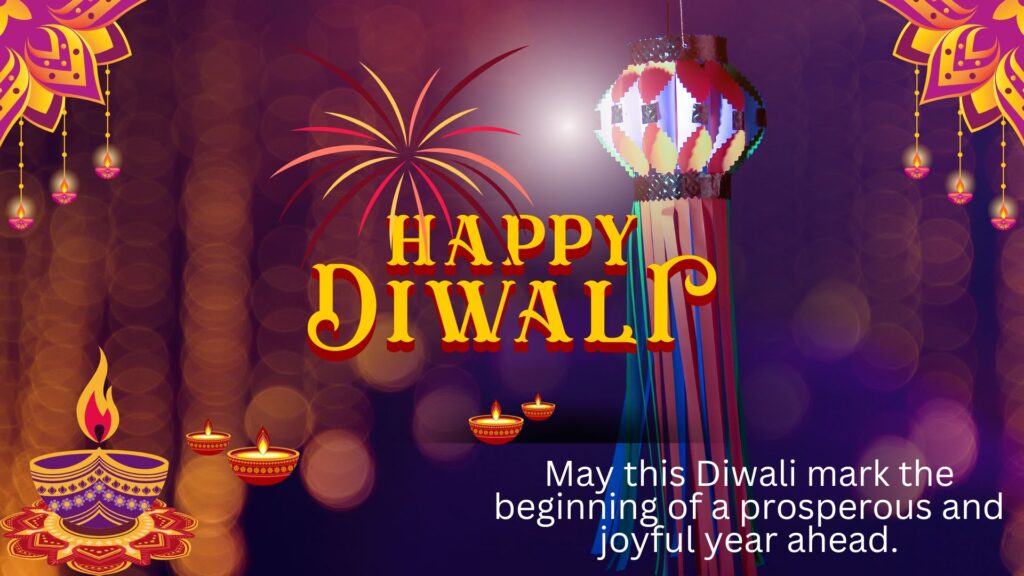
Table of Contents
ToggleDiwali 2025 Celebration: A Perfect Indian Festival Reaches Global
Diwali 2025 is practically upon us, isn’t it? Prepare for that familiar cocktail of magic, a riot of lights, mountains of sweets, and perhaps even the controversial crackle of fireworks – a debate we’ll certainly delve into. This five-day “festival of lights,” also known as Deepavali, isn’t merely a spectacle; it’s a profound symbol. A symbol of the eternal battle between good and evil, the incandescent victory of light over encroaching darkness, and the potent power of knowledge to dispel the shadows of ignorance. What is truly remarkable is its inclusivity. Hindus, Jains, Sikhs, and even segments of the Buddhist community partake in the festivities, a testament to its universal resonance and appeal.
The Roots of Radiance: A History Etched in Time
But where did this radiant tradition originate? This isn’t some fleeting, modern invention, mind you. We’re talking about a history stretching back over 2,500 years, with some scholars suggesting its roots lie in ancient harvest festivals. Whispers of its existence echo in ancient texts. Take, for instance, the Kamasutra, which alludes to a “night of yakshas” intertwined with dice games – a tantalizing glimpse into early celebrations. Puranic literature speaks of lamp festivals, hinting at the evolution of the core traditions.
A Tapestry of Tales: Diverse Narratives, Unified Spirit
The festival is woven with rich narratives. For many, it celebrates Lord Rama’s triumphant return to Ayodhya after exile, an event commemorated by the lighting of guiding lamps. In the south, it marks Lord Krishna’s victory over the demon Narakasura. It is also associated with the veneration of Goddess Lakshmi, either celebrating her grand appearance or her divine wedding. Jains observe Diwali as the anniversary of Mahavira’s enlightenment, a pivotal moment in their spiritual history. Sikhs commemorate Bandi Chhor Divas, marking Guru Hargobind’s heroic release from imprisonment. Even some Buddhist traditions recall Emperor Ashoka’s conversion to Buddhism during this period. It’s a mosaic of interwoven stories, each contributing to the festival’s multifaceted significance. From humble beginnings as home-centered prayers, Diwali blossomed into a national spectacle, an evolving symbol of unity that transcends regional boundaries. And yes, the pyrotechnics are a comparatively recent addition to the grand tapestry.
Diwali in 2025: Tradition Meets Modernity
Fast forward to Diwali 2025, and the core essence remains: family, elaborate feasts, and that intrinsic human desire to find one’s own inner light. Homes are meticulously cleaned, adorned with vibrant rangolis, and illuminated by everything from traditional diyas to the shimmering glow of LED displays. The culinary delights are legendary – an endless array of sweets like laddoos and barfis – coupled with the joy of exchanging gifts and new clothes. The Indian diaspora has transformed Diwali into a global phenomenon, with celebrations gracing iconic locations from London’s Trafalgar Square to the bustling streets of New York City. More than just merriment, it’s a time for introspection, fresh starts (even in financial matters), and strengthening the bonds of community.
Navigating the Nuances: Challenges and Controversies
However, shadows lurk even within the brightest lights. The debate surrounding fireworks rages on. The dazzling spectacle is undeniably captivating, but it clashes starkly with the stark realities of environmental impact. Air and noise pollution, potential health risks, the distress caused to animals, and the sheer volume of waste generated are all significant concerns. Attempts to mitigate these issues with “green crackers” and city-wide bans (as seen in Delhi and Mississauga in 2025) are commendable but represent a complex balancing act.
Furthermore, the intersection of tradition and modern sensibilities often gives rise to friction. The Nizamuddin Dargah incident in October 2025, where the lighting of lamps to promote unity inadvertently sparked controversy due to perceptions of “unauthorized” events, serves as a potent reminder. Remember the FabIndia “Jashn-e-Riwaaz” controversy or the #NoBindiNoBusiness trend? These instances highlight the challenges brands face when attempting inclusivity but misinterpreting cultural nuances. And, of course, there’s the perennial issue of “cultural appropriation,” the delicate dance between appreciating and potentially erasing cultural significance when Diwali expands onto the global stage. Political commentary, too, inevitably enters the fray, as evidenced by Akhilesh Yadav’s remarks in 2025 questioning the “waste” of resources on celebrations, stirring considerable debate. Even the correct date of the festival can ignite scholarly disputes, as exemplified by the Lakshmi Pujan confusion in 2024. The relentless commercialization of Diwali is another concern, with some lamenting the shift from spiritual observance to rampant consumerism.
The Path Forward: A Green and Digital Diwali
So, what does the future hold? A “Green Diwali” seems increasingly likely – a move towards eco-friendly decor, biodegradable rangolis, and community light shows, signaling a move away from traditional firecrackers. Technology will undoubtedly play an ever-greater role. We can anticipate virtual pujas, AI and VR providing immersive experiences for families separated by distance, and the continued rise of online shopping and digital payments. AI may even assist in preserving ancient texts and oral traditions. Furthermore, AI-powered drones and data analysis could be deployed for air quality monitoring and optimized crowd management during large-scale events. Fashion will likely embrace fusion styles, sustainable materials, and minimalist aesthetics. Yet, amidst all the technological advancements, the core values of family, ritual, charity, and togetherness will persist, serving as an unwavering anchor. Diwali’s global reach will only continue to expand, perhaps even gaining recognition as a federal holiday in more countries. And Diwali-themed travel, from spiritual pilgrimages to exotic destination getaways, will continue to surge in popularity.
Conclusion: The Enduring Light of Diwali
In conclusion, Diwali is a living, breathing festival, constantly evolving while retaining its essential message of hope, unity, and the triumph of light. Whether you choose to illuminate your world with traditional diyas, cutting-edge technology, or a combination of both, may the spirit of Diwali resonate deeply within you. Happy Diwali 2025!
Diwali 2025 will be celebrated on October 20, 2025.